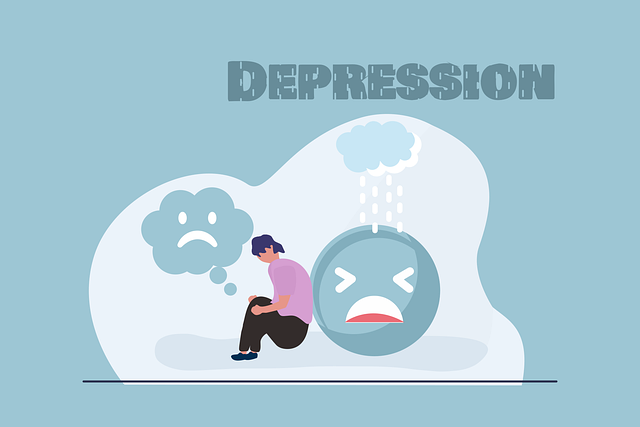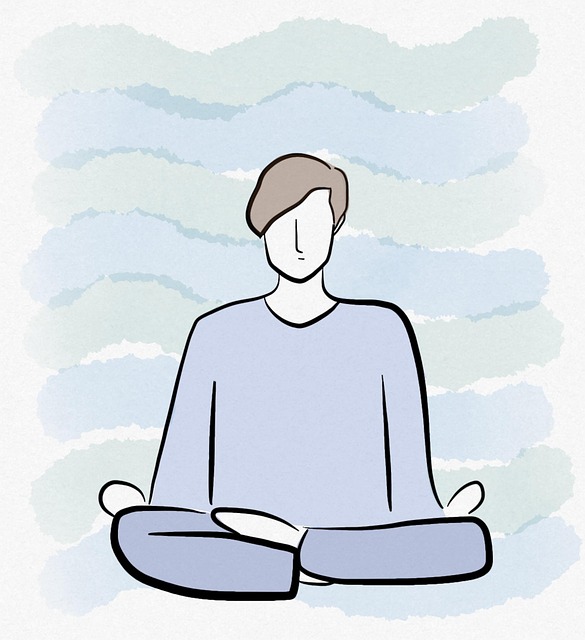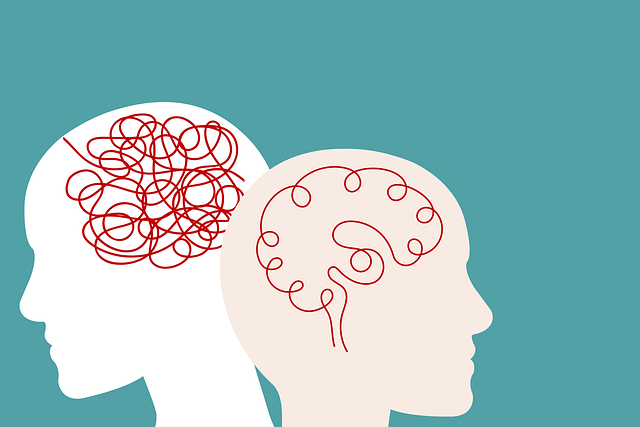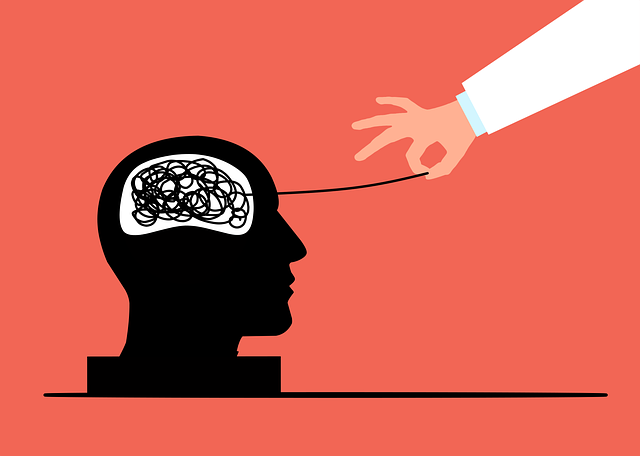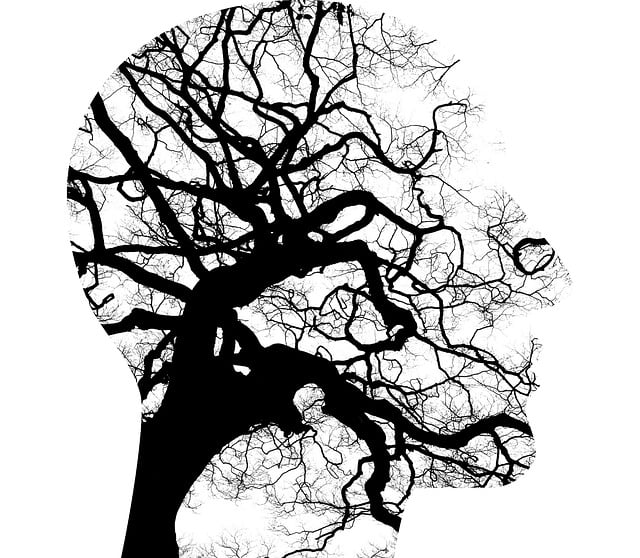Mindfulness, an ancient practice focusing on present-moment awareness, significantly improves mental health and well-being by enhancing self-awareness, stress management, and emotional regulation. Golden Codependency Therapy innovatively incorporates mindfulness to navigate complex interdependencies and foster healthier relationships through self-care. Regular mindfulness meditation reduces anxiety, depression, and conflict, promoting calmness, clarity, and resilience against trauma. Beginners can start with short (5–10 minute) sessions in a calm environment, using guided meditations from wellness podcasts or apps for support.
Mindfulness meditation has gained popularity as a powerful tool for enhancing mental and emotional well-being. This article guides you through the practice, focusing on two key aspects: understanding mindfulness and its everyday benefits, and exploring the holistic Golden Codependency Therapy approach. We’ll also provide practical tips to seamlessly incorporate mindful meditation into your daily routine, allowing you to experience its calming effects and improve overall life satisfaction.
- Understanding Mindfulness and Its Benefits in Daily Life
- Golden Codependency Therapy: A Holistic Approach to Meditation
- Practical Tips for Incorporating Mindful Meditation into Your Routine
Understanding Mindfulness and Its Benefits in Daily Life

Mindfulness is a powerful tool that encourages individuals to focus on the present moment, non-judgmentally. It involves paying attention to your thoughts, feelings, and surroundings with an open mind, allowing for a deeper understanding of oneself. This ancient practice has gained significant traction in modern times due to its numerous benefits for mental health and overall well-being. By cultivating mindfulness, individuals can develop a stronger sense of self-awareness, leading to better stress management and enhanced emotional regulation.
In today’s fast-paced world, where the demands of daily life can often feel overwhelming, mindfulness offers a much-needed respite. It helps break free from the cycle of constant mental chatter and promotes a sense of calm and clarity. Research suggests that regular mindfulness meditation practice can reduce symptoms of anxiety and depression, improve concentration, and foster healthier relationships. Golden Codependency Therapy, for instance, leverages mindfulness to help individuals navigate complex interdependencies while prioritizing self-care, ultimately enhancing their ability to offer and receive support in personal connections. Furthermore, integrating mindfulness into daily routines can contribute to better trauma support services by providing individuals with coping mechanisms to manage stressful situations effectively, thereby preventing depression and promoting resilience.
Golden Codependency Therapy: A Holistic Approach to Meditation

Golden Codependency Therapy offers a unique and holistic approach to mindfulness meditation, focusing on the interconnectedness of self-care and interpersonal relationships. This therapy recognizes that emotional regulation is not just an individual endeavor but is deeply influenced by our interactions with others. By exploring the dynamics of codependency, individuals can begin to understand how their emotional responses are shaped by past and present relationships.
Through meditation practices tailored to this framework, participants learn to cultivate awareness of their own needs and boundaries while also developing conflict resolution techniques that foster healthy interdependence. The ultimate goal is to promote mental illness stigma reduction efforts by encouraging self-acceptance and empathy towards others, creating a supportive environment for emotional healing and growth.
Practical Tips for Incorporating Mindful Meditation into Your Routine

Incorporating mindfulness meditation into your daily routine can be a game-changer for both mental wellness and overall quality of life. Start small, dedicating just 5–10 minutes each day to quiet reflection. Consistency is key; consider setting a specific time, like right after breakfast or before bed, to create a habit. Create a calm environment that supports your practice; this might include dim lighting, soothing music, or an aromatic candle.
Remember, mindfulness isn’t about achieving a certain state of untroubled serenity. It’s about cultivating present-moment awareness and non-judgmental observation of your thoughts and feelings. The goal is to develop a deeper understanding of yourself, your triggers, and your reactions, which can be immensely beneficial in navigating codependent relationships and improving mental health education. For those new to the practice, exploring guided meditations through mental wellness podcast series production or online apps designed for stress reduction can offer valuable support.
Mindfulness meditation, as illuminated by Golden Codependency Therapy, is a powerful tool for enhancing mental and emotional well-being. By integrating practical tips into your daily routine, you can cultivate a deeper sense of self-awareness and resilience. Remember that consistency is key; even brief mindfulness practices can have significant benefits. Embrace the holistic approach offered by Golden Codependency Therapy to transform your life and experience the profound effects of mindful meditation.

